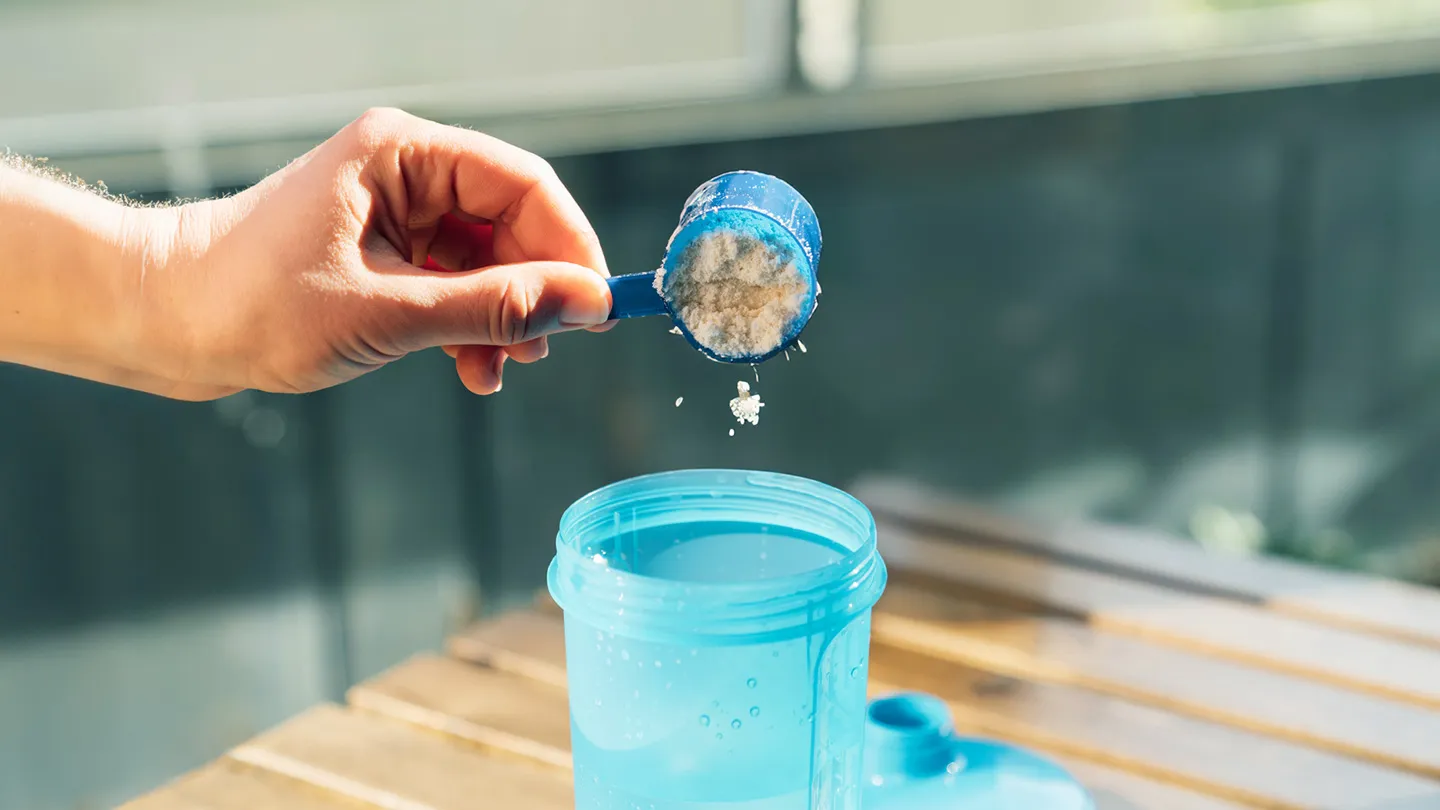What It Does You may have heard of creatine — it’s one of the top three workout supplements recommended by sports scientists, says Micheil Spillane, PhD, an assistant professor and the human performance lab director at Sam Houston State University in Huntsville, Texas.
Creatine is naturally found in your body’s muscles and in your brain. It may help produce energy for high-intensity exercises like sprinting, as well as lifting heavy objects. Many athletes use creatine to improve strength and gain muscle.
What Research and Experts Say A small study found that physically active young adults who supplemented with creatine during six weeks of resistance training significantly increased their leg press, chest press, and total body strength compared with the placebo group. A review of research on nutritional strategies for weightlifters reported that creatine helps muscles provide the quick bursts of power needed during sports such as weightlifting. According to the studies the review analysed, athletes who take creatine supplements endured high-intensity training and recovered from fatigue faster.
Most athletes’ bodies tolerate creatine well, but conclusive evidence about its effectiveness is still lacking, Dr. Spillane says. “We have a good safety profile on creatine,” he says, emphasizing that it’s one of the best-studied sports supplements.
Speak with your doctor before taking creatine if you’re also taking nonsteroidal anti-inflammatory drugs (NSAIDs), caffeine, diuretics, cimetadine (Tagamet), drugs that affect the kidneys, or probenecid (which treats gout). It’s generally safe to take but may lead to side effects, including weight gain, muscle strains and cramps, upset stomach, high blood pressure, liver dysfunction, and kidney damage.
Read the full article here




